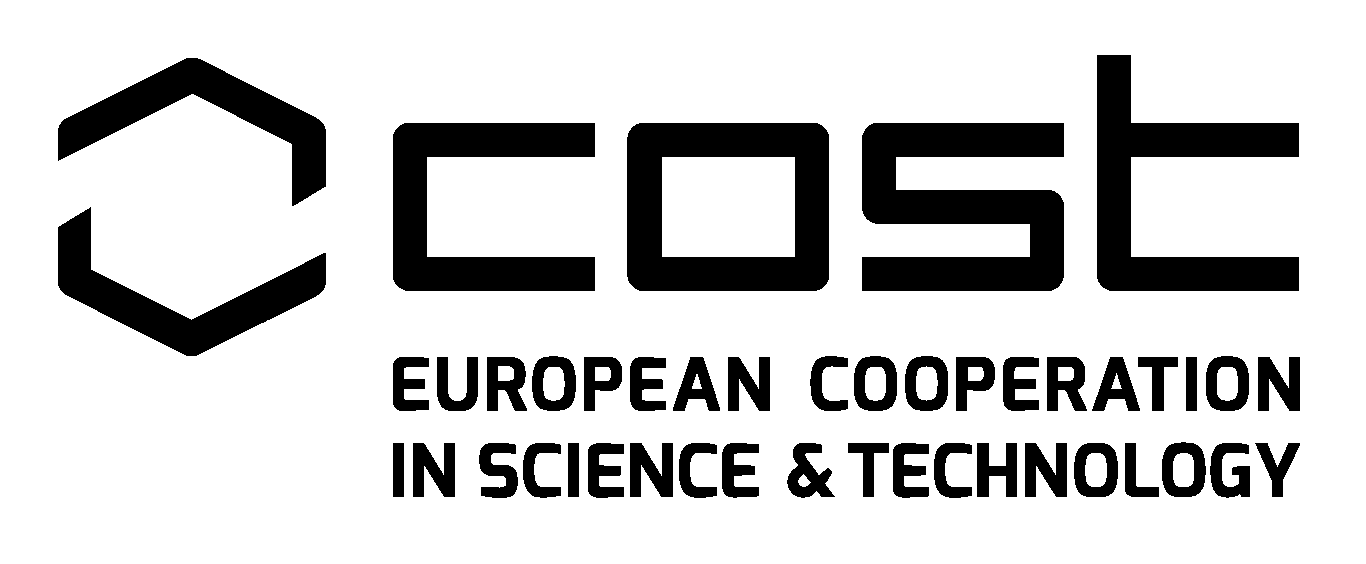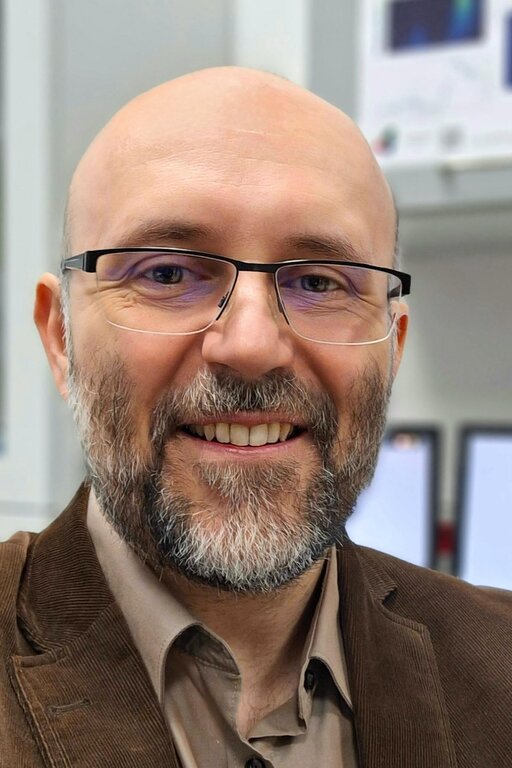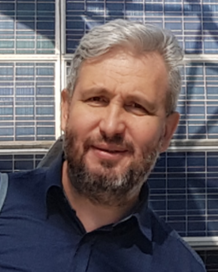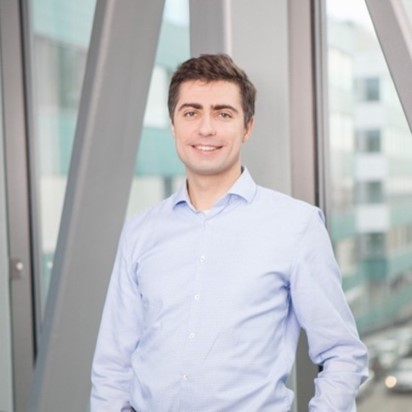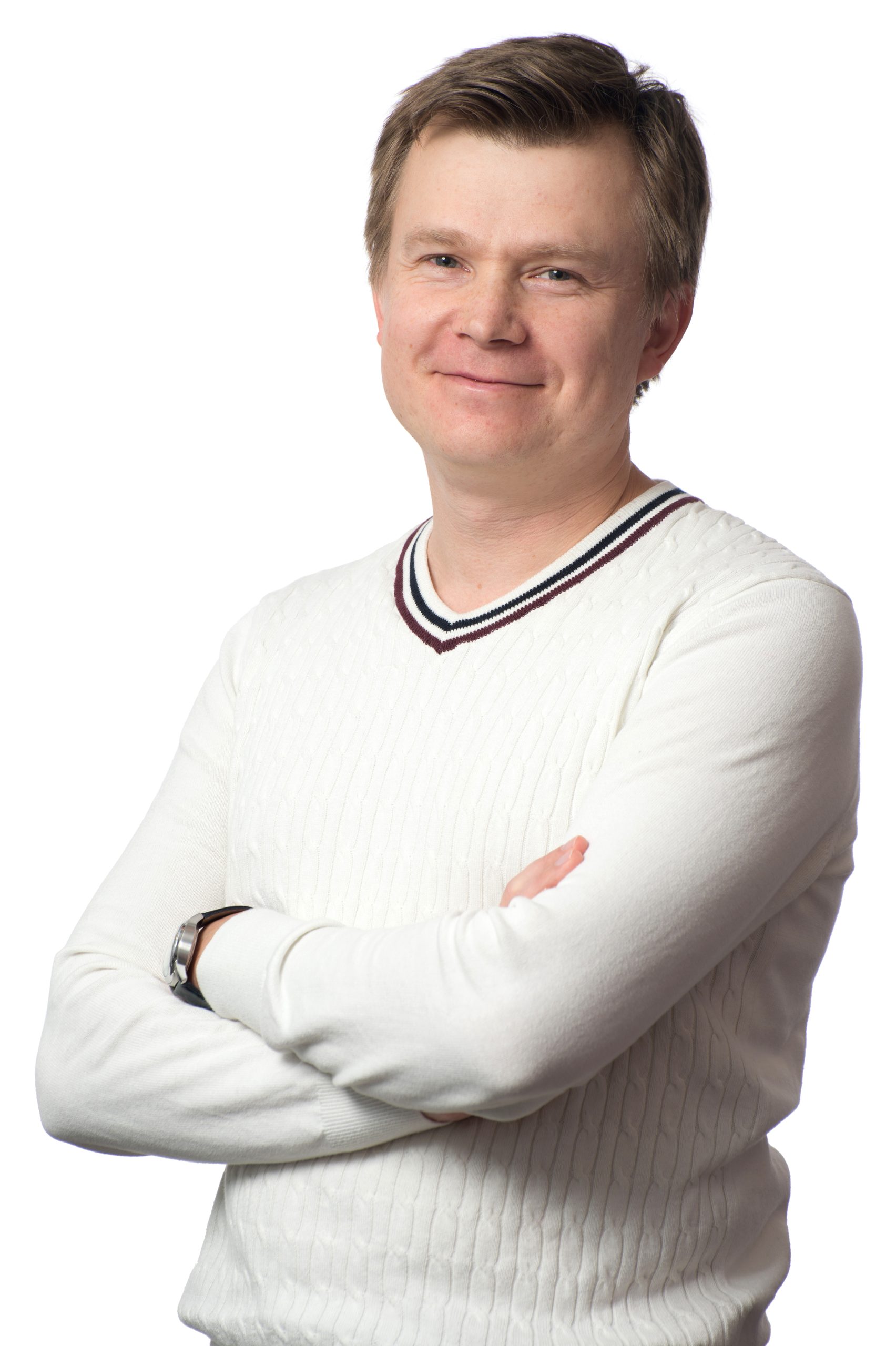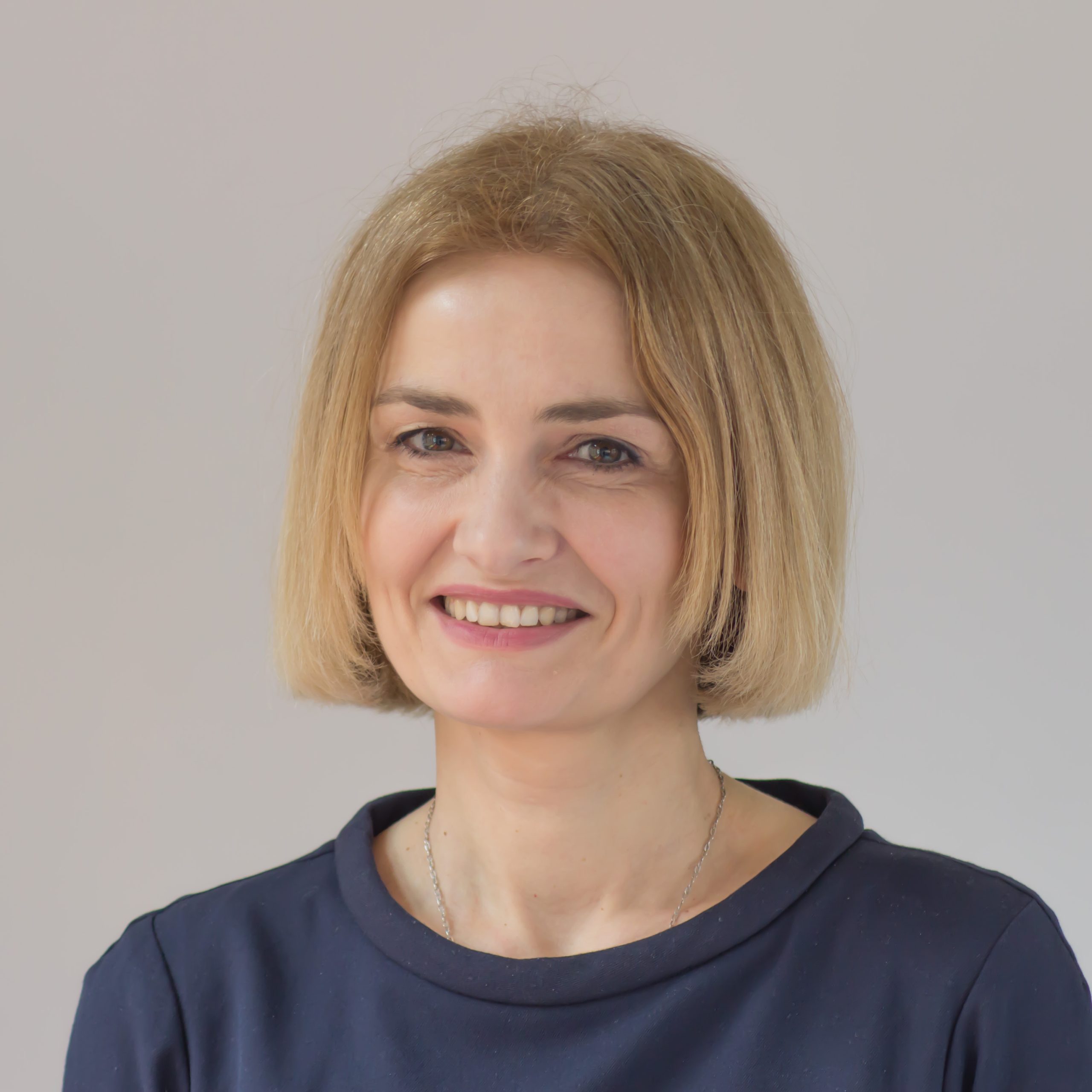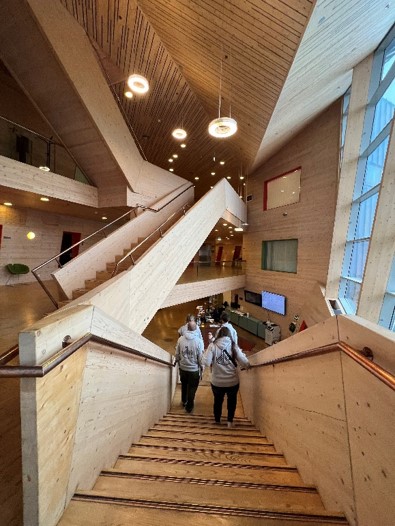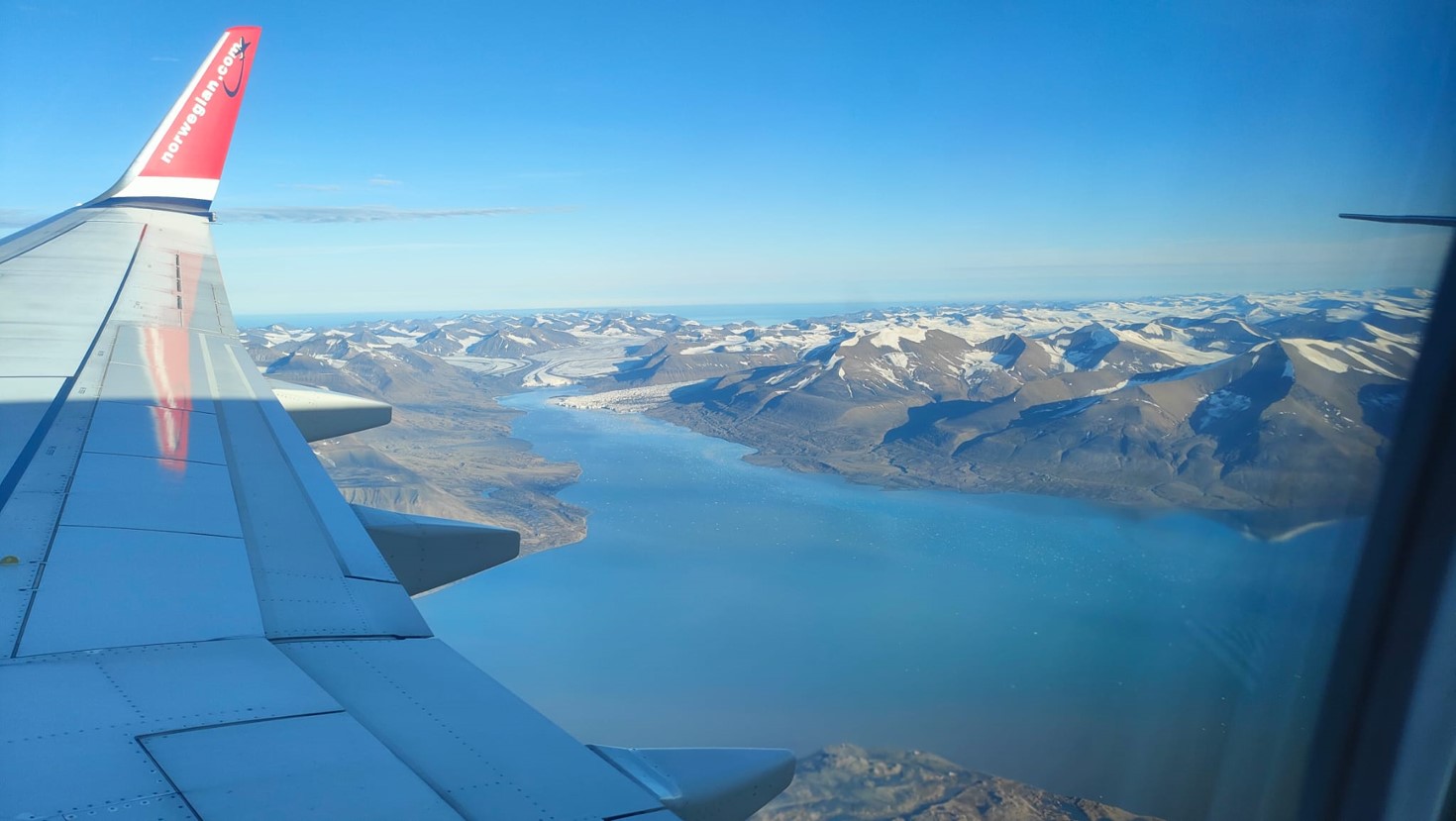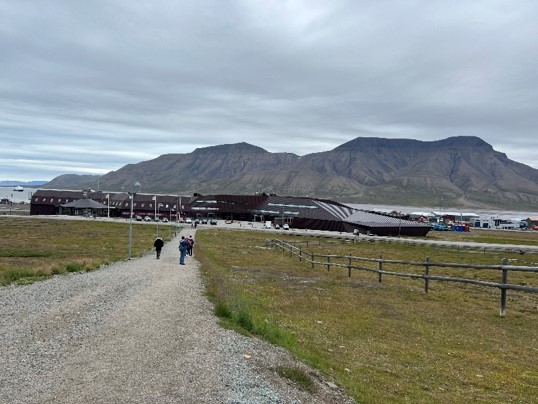COST Working Group meeting, Action CA21159, Understanding interaction light – biological surfaces: possibility for new electronic materials and devices (PhoBioS).
 Various biological surfaces are known to be covered by elaborated micro- and nano-structures, serving a number of functions (e.g. anti-reflective, structural coloration, anti-fouling, pro- or anti-adhesive, etc.) and inspiring numerous industrial applications. Recent years have witnessed a remarkable boost in research in this field. To a large extent, this boost owes to the increasing interdisciplinary of approaches being applied to the study of structured biosurfaces. Sciences as different as classical zoology and botany are inseminated with the advances in genetics and molecular biology; biologists collaborate more and more with nanotechnologists, materials scientists and engineers – all these contribute to the widening of the horizons of research on micro- and nano-structured biological surfaces, and to biomimetic and bioengineering applications of these surfaces in industry. We aim at ‘riding the wave’ of these developments with our proposal. The main goal of the COST Action “Understanding interaction light – biological surfaces: possibility for new electronic materials and devices” is to bring together scientists coming from distinct disciplines into this vibrant field of research, focusing on the photonic effects of nano-and micro-structuring of biological surfaces and their bionic applications. Our consortium will ensure cross-inspiration among the different participants coming from different research fields and will boost innovation in research and eventual industrial developments.
Various biological surfaces are known to be covered by elaborated micro- and nano-structures, serving a number of functions (e.g. anti-reflective, structural coloration, anti-fouling, pro- or anti-adhesive, etc.) and inspiring numerous industrial applications. Recent years have witnessed a remarkable boost in research in this field. To a large extent, this boost owes to the increasing interdisciplinary of approaches being applied to the study of structured biosurfaces. Sciences as different as classical zoology and botany are inseminated with the advances in genetics and molecular biology; biologists collaborate more and more with nanotechnologists, materials scientists and engineers – all these contribute to the widening of the horizons of research on micro- and nano-structured biological surfaces, and to biomimetic and bioengineering applications of these surfaces in industry. We aim at ‘riding the wave’ of these developments with our proposal. The main goal of the COST Action “Understanding interaction light – biological surfaces: possibility for new electronic materials and devices” is to bring together scientists coming from distinct disciplines into this vibrant field of research, focusing on the photonic effects of nano-and micro-structuring of biological surfaces and their bionic applications. Our consortium will ensure cross-inspiration among the different participants coming from different research fields and will boost innovation in research and eventual industrial developments.

